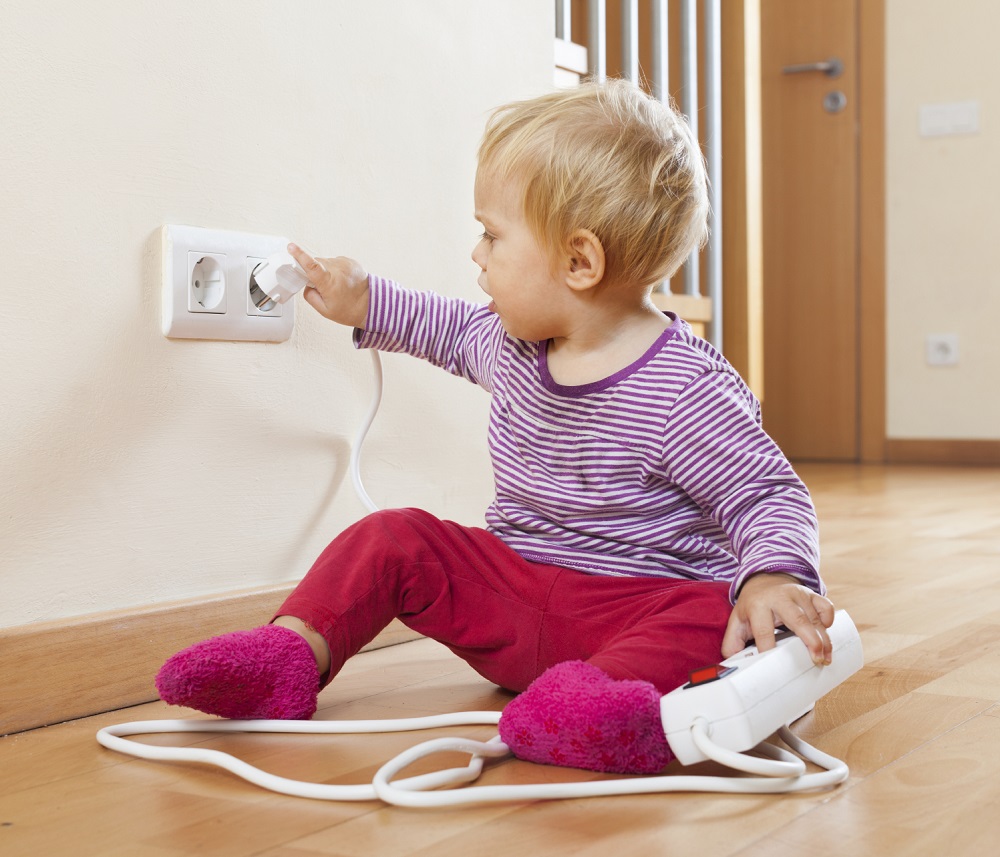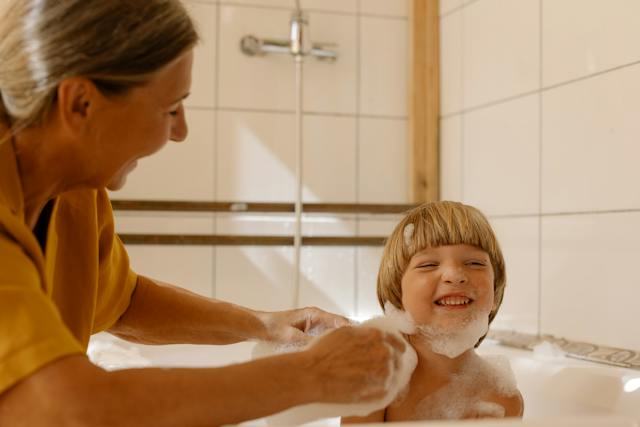Introduction
As a seasoned pediatrician with 37 years of experience, I understand the concerns and questions that new parents
have when it comes to the health and wellness of their precious newborns and infants.
This crucial stage of life requires extra care and attention, and parents often seek guidance on various aspects such
as vaccinations, recognizing signs of illness, seeking medical attention, and general tips for maintaining their baby’s
health.
In this article, we will explore these topics, providing valuable insights and tips to help new parents prioritize the health
and wellness of their newborns and infants.
Vaccinations:
Protecting Your Baby’s Health
Vaccinations play a vital role in safeguarding your baby’s health by providing immunity against serious diseases.
Following the recommended immunization schedule is essential to ensure maximum protection.
Consult with your pediatrician to understand the vaccination timeline and schedule your baby’s immunizations
accordingly.
Vaccines not only protect your baby but also contribute to the overall health and well-being of the community by
preventing the spread of contagious diseases.
Recognizing Signs of Illness
Newborns and infants are more susceptible to infections and illnesses due to their developing immune systems.
As a parent, it is crucial to be vigilant and familiarize yourself with common signs of illness, such as fever, poor
feeding, excessive crying, difficulty breathing, or a change in behavior.
If you notice any concerning symptoms, contact your pediatrician immediately.
Trust your instincts as a parent and seek medical attention promptly to ensure timely intervention and appropriate care.
General Tips for Keeping Newborns Healthy
Proper Hygiene:
Practicing good hygiene is crucial to prevent the spread of germs and infections.
Wash your hands frequently before handling your baby, and encourage others to do the same.
Keep your baby’s environment clean and sanitize commonly touched surfaces regularly.
Breastfeeding:
Breast milk provides optimal nutrition and essential antibodies that boost your baby’s immune system.
If possible, aim to exclusively breastfeed your baby for the first six months.
Consult with a lactation specialist or your pediatrician for guidance and support.
Safe Sleeping Environment:
Create a safe sleeping environment for your baby to reduce the risk of Sudden Infant Death Syndrome (SIDS).
Place your baby on their back on a firm mattress, remove soft bedding, and ensure the crib or bassinet meets safety
standards.
Regular Well-Baby Checkups:
Schedule regular well-baby checkups with your pediatrician.
These visits allow for monitoring your baby’s growth and development, addressing any concerns, and providing
essential vaccinations and screenings.
Avoid Smoke Exposure:
Keep your baby away from secondhand smoke as it increases the risk of respiratory infections and other health
problems.
Create a smoke-free environment both inside and outside your home.
Maintain Adequate Nutrition:
Ensure your baby receives proper nutrition by following age-appropriate feeding guidelines.
Consult your pediatrician for guidance on breastfeeding, formula feeding, introducing solid foods, and proper
portion sizes.
Seek Guidance from Your Pediatrician
Your pediatrician is your trusted partner in your baby’s healthcare journey.
Don’t hesitate to reach out to them with any questions, concerns, or uncertainties.
They have the knowledge and experience to provide personalized guidance based on your baby’s unique needs
and circumstances.
Regular communication with your pediatrician will help you navigate the various challenges that arise during your
baby’s early years.
Conclusion
Newborns and infants require special attention and care to ensure their health and well-being.
By following the tips outlined in this article, you can prioritize your baby’s health, recognize signs of illness, seek timely
medical attention, and maintain a nurturing and safe environment.
Remember, each baby is unique, and it’s essential to consult with your pediatrician for personalized advice and
guidance throughout this precious stage of your baby’s life.
Together, you can ensure that your newborn or infant receives the best possible care and set the foundation for a
healthy future.
![]()











